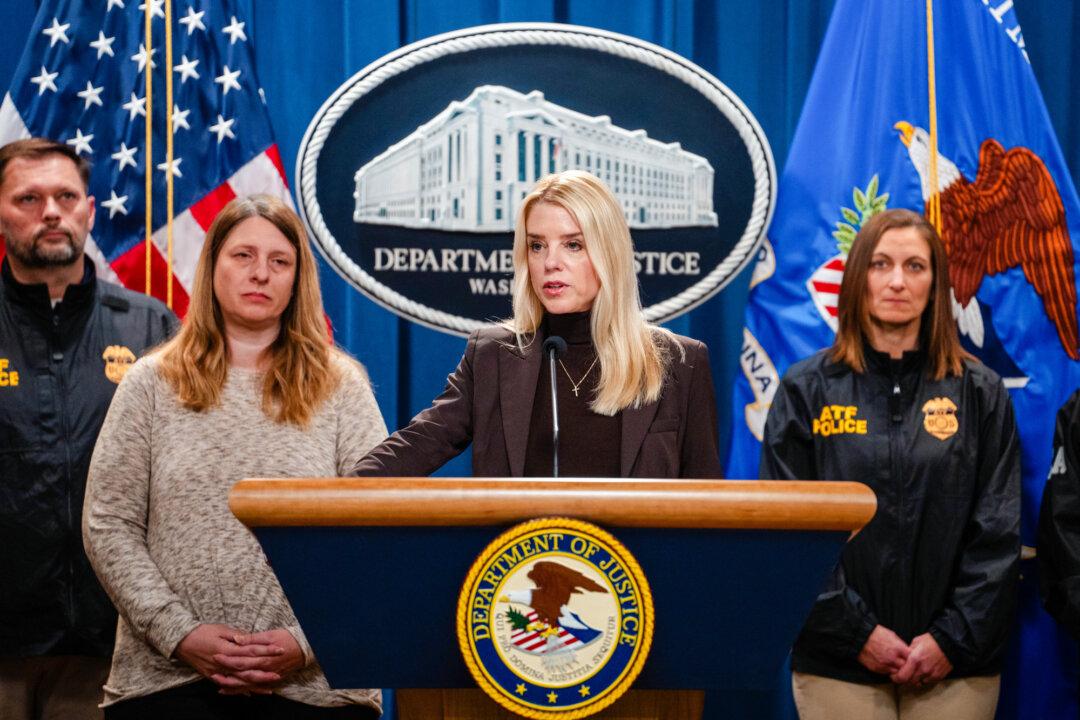The Department of Justice (DOJ) on April 21 announced that 27 alleged members or affiliates of the Venezuelan gang Tren de Aragua (TdA) had been charged under legislation designed to bring down criminal enterprises.
The allegations against those charged included committing robberies and shootings, sex trafficking and organized prostitution of women brought into the United States illegally from Venezuela, robbing and extorting small businesses, and trafficking a drug called “tusi,” which contains ketamine, that the DOJ described as the gang’s “calling card” in a statement announcing the charges.





